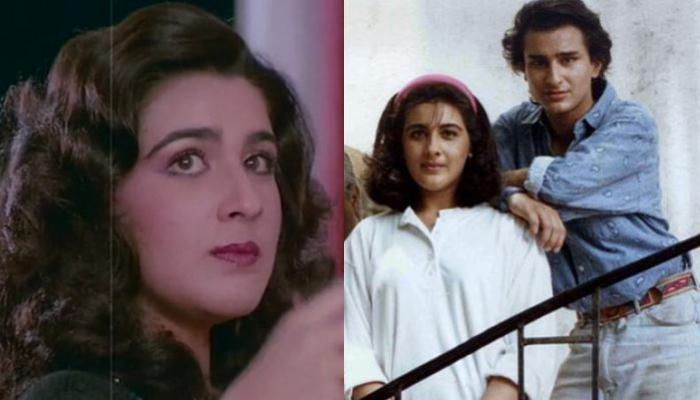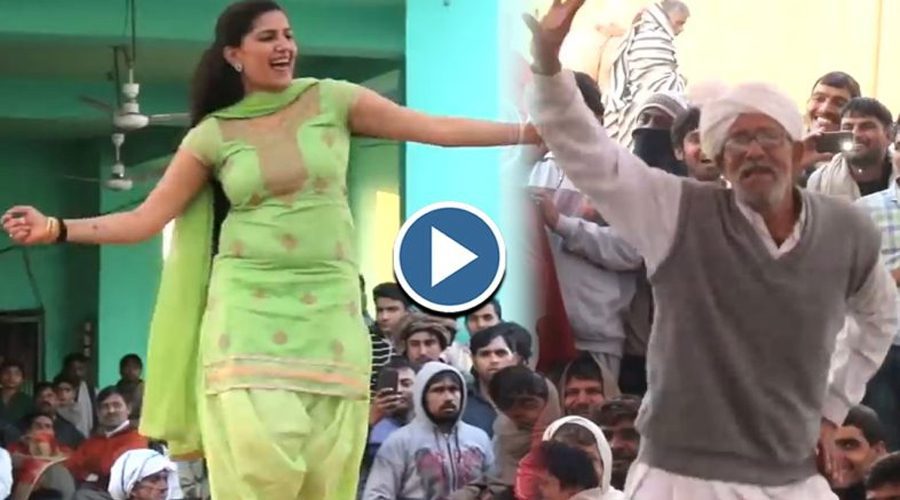Supreme court Homosexuality Longer Crime historic judgement: India’s Supreme Court has ruled to decriminalize gay sex, in a notable and consistent decision passed on by a five-judge board that will have a significant effect both here in India and over the world.
Supreme court Homosexuality Longer Crime historic judgement-
The court in Delhi was flooding with LGBT+ activists who have combat for a long time for this minute, and a cheer emitted as word originated from inside that consensual sex between grown-ups of any sexual orientation was never again considered a wrongdoing.

Up to this point, gay sex had been deserving of up to 10 years in jail under Section 377 of the Indian constitution, a relic of the Victorian-period laws forced by the British Empire. It prohibited sexual exercises “against the request of nature” and was translated by police and courts as alluding to homosexuality.
Celebrating under a sweltering sun on the gardens outside the court, LGBT+ activists said they were at long last free from a law that, however once in a while upheld, was the establishment for foundational segregation and badgering of gay Indians.

Perusing out his judgment working on this issue, the Chief Justice of India Dipak Misra said translating Section 377 to criminalize gay sex was “nonsensical, discretionary and weak”.
“Any consensual sexual connection between two consenting grown-ups – gay people, heteros or lesbians – can’t be said to be unlawful,” Mr Misra said.
Scenes of festivity were communicated on TV and web-based social networking from Mumbai, Chennai and different urban areas crosswise over India, as Mr Misra saw that individuals from the LGBT+ people group “must have indistinguishable rights from some other subject”.
Anjali Gopalan, the organizer of the Naz Foundation philanthropy that has been instrumental to the battle against Section 377, disclosed to The Independent outside court it was “superb news”.
“They have opened the way to examining rights. They have apologized to the gay network, and they have said duplicates of the judgment will be given to each police headquarters. It is the best judgment we could have sought after,” she said.
Bismaya, a lobbyist with the Delhi branch of Impulse, a LGBT+ support gathering, revealed to The Independent. “I’m so upbeat, it’s staggering. I cried when we heard the news.
“I’m gay and I’m not apprehensive of that. It’s something I used to state, yet now out of the blue I have the legitimate support. At last, the law will secure me.”
“It’s extraordinary for me but at the same time it’s an awesome day for the entire of India. Acknowledgment in more extensive society will require some serious energy, since we can’t expect change medium-term.

“It has been a fight for two decades for this judgment. On the off chance that now we get full acknowledgment in a few years, that would be incredible.”
The Indian government had surrendered Thursday’s choice over to the Supreme Court, saying it would neither battle nor specifically bolster the five lead candidates requesting Section 377 to be reexamined.
Legitimate specialists deciphered that as verifiable sponsorship for the development, which began in the courts in 2001 with a lawful test to the Delhi High Court from Ms Gopalan’s Naz Foundation.
In 2009, the High Court pronounced the prohibition on gay sex to be unlawful. In any case, that judgment was toppled by a little board of the Supreme Court, which said correcting or canceling the law ought to be left to Parliament.
“We have at long last got equity,” said Ashok Row Kavi, LGBT+ rights lobbyist and originator of Humsafar Trust, outside the court.
The legislature had requested that the Supreme Court keep entirely to the issue of decriminalization in its judgment, careful about opening up a radical new discussion on the matter of equivalent marriage in what remains an extremely preservationist society.
Yet, activists and the applicants themselves had requested that the judges go further. “It isn’t just about decriminalizing however perceiving our central rights,” said Akhilesh Godi, one of the applicants for the situation.
Today they commended a judgment which included decriminalization and a statement of regret, as well as proposals for workshops in schools and police headquarters crosswise over India to attempt and change open discernments.
Bhuvan, an extremist attempting to enhance gay rights in the working environment, said the judges had been “wonderful”, including there was still “a long trip ahead to social acknowledgment” for gay individuals the nation over.
“We live in cities,” he said. “Individuals in littler urban areas probably won’t catch wind of this, in like manner individuals who are not in the upper standings. It needs to permeate down to the ground – yet I think every one of the activists here are pretty gung ho about taking this forward.”

When he turned out in 2012, Bhuvan stated, he didn’t feel India was “where I can truly act naturally”.
“Presently the day has come, 6 September 2018, when at last we can inhale free,” he disclosed to The Independent. “We are top notch residents of our nation, not ‘unlawful’ according to the law.
“It’s preferred late over never.”
India was only one of various Commonwealth nations that still utilized pioneer time laws to arraign and rebuff gay individuals. Mukul Rohatgi, the previous lawyer general of India who drove the case for the benefit of the candidates, inquired as to why India in the 21st century proceeded “to endure Victorian models of conduct from the 1860s”.
Paul Dillane, chief of the universal LGBT+ rights philanthropy The Kaleidoscope Trust, said the decision had “genuinely worldwide repercussions” for the 70 different nations on the planet where laws keep on criminalizing consensual same-sex acts. Specialists say India will now be utilized as a contextual investigation in fights in court brought by LGBT+ activists in different spots.
“Because of everything that battled for this, overcoming the most noticeably bad kind of partiality,” said Meenakshi Ganguly, the South Asia executive for Human Rights Watch. “This is a decent day for human rights.”
See more – Water on Mars And its fact, See unbelievable pictures.


